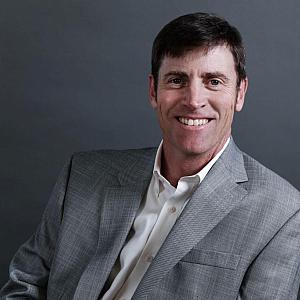
David Washburn
News and Investigations Editor

News and Investigations Editor
As the news and investigations desk editor, David oversees the newsroom's investigative reporters and works with other KPBS journalists to develop investigative and explanatory stories. David has been practicing the art and craft of journalism for 25 years, always with an emphasis on investigative and explanatory news. He first came to San Diego in 2000 to join the San Diego Union-Tribune’s I-team. While at the UT, David produced award-winning stories on San Diego’s high rate of officer-involved shootings, corruption involving contractors in Iraq, and misuse of donor funds at the local Red Cross.
In 2008, he joined Voice of San Diego, the pioneering local nonprofit news start-up, as a senior reporter and assistant editor. During his time there, David wrote and edited investigative pieces on San Diego City Hall, the local biotech industry, and charter school operators. He left VOSD in 2009 to help launch Voice of OC, an Orange County-based nonprofit newsroom. For eight years David supervised a team of staff writers and freelancers focused on investigating Orange County government and politics.
Most recently, he’s worked at EdSource, a nonprofit newsroom focused on statewide issues in education. As a 2018 Center for Health Journalism Data Fellow, he produced an in-depth series on chronic absenteeism in rural school districts.
Early in his career, David worked as an assistant producer for Dateline NBC. He earned a B.A. from the University of Missouri School of Journalism.
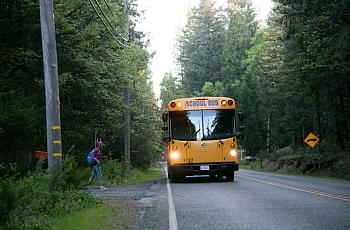
We were about 30 seconds into our first look at the California Department of Education’s chronic absenteeism data when we knew what our story would be.
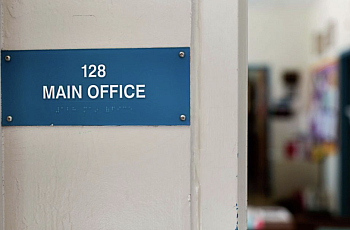
Butte County’s Oroville City Elementary School District, which has a suspension rate that is three times the statewide average, is under state investigation for its discipline policies and practices.

A “trauma-informed approach” puts students' behavior and performance in the context of their home lives and the trauma. Experts say it's part of the answer to reduce high rates of chronic absenteeism, which occurs in schools everywhere but is especially prevalent in rural areas.
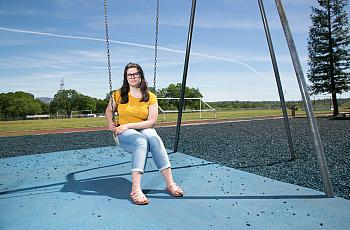
The state's highest rates of chronic absenteeism are in rural areas.
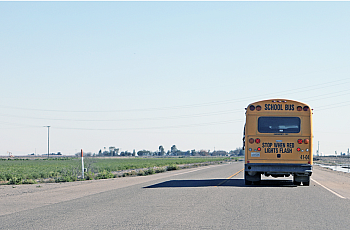
We want to tell the stories of teachers, students and their families who are overcoming challenges to educate the state’s next generation.
![[Photo: Frank_am_Main/Flickr) [Photo by Frank_am_Main via Flickr.]](/sites/default/files/styles/teaser_list_thumbnail/public/title_images/Washburn.jpg?itok=yoXCqALu)
If rural America has become the new “inner city,” then nowhere is this more apparent than in educational systems.